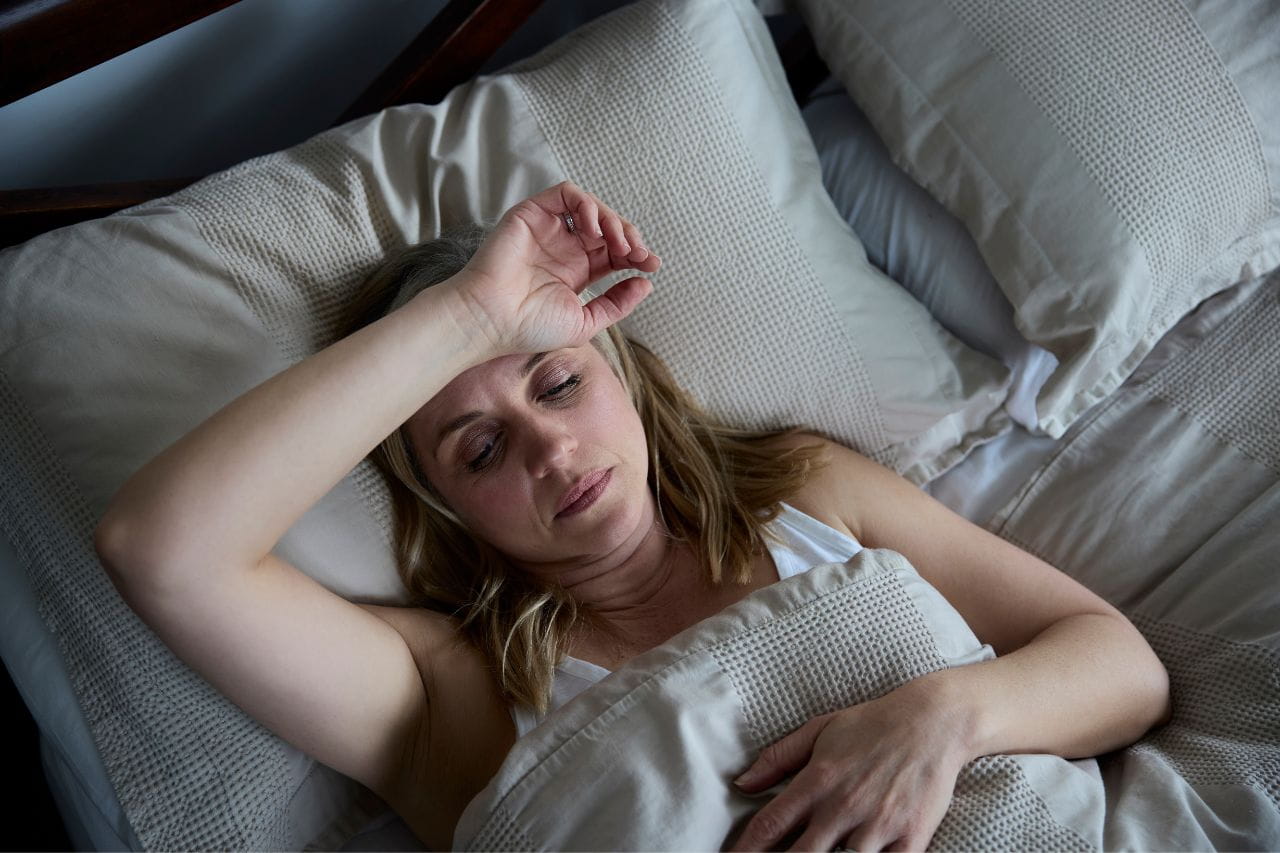4 Tips for the Time Change

The end of Daylight Savings Time this Sunday, means more than just turning your clocks back one hour. If you’re not careful, that one-hour difference can throw off your circadian rhythms (your body’s internal clock that helps to regulate your 24-hour sleep-wake cycle).
There are ways to prepare and minimize the effects of the time change on your body:
- Start early. Start changing your sleep schedule a few days ahead of the time change by gradually advancing your bedtime and wake-up time by 15 to 20 minutes. If you truly want to enjoy an extra hour of sleep (and who doesn’t), go to bed at your regular time on Saturday night, and wake up at your regular time on Sunday morning. One of the biggest mistakes that people make regarding the fall time change is staying up too late Saturday night thinking that they’re going to get an extra hour of sleep.
- Stay in the dark. Block out light, and keep your sleeping area dark. The time change means sunrise will occur about an hour earlier. This can impact sleep, especially if you’re accustomed to waking up around sunrise. The light itself can disturb sleep, so it is always best to sleep in a darkened room.
- See the light. Once you do wake up on Sunday, get out in the early morning sunlight. Sunlight helps to regulate your internal clock and keep it on track. Grab your partner, your dog or your favorite playlist and get outside for some fresh air and exercise.
- Stay hydrated. Drink plenty of water. Every cell in your body needs water to work properly. During time changes or when flying across time zones (jet lag), keeping hydrated will make the process easier. Also, reduce or avoid consumption of alcohol, nicotine and caffeine, all of which can make it more difficult for your body’s internal clock to adjust to the time change.
Give your body three to four days to adjust to the new time schedule. Talk to your doctor if you have any concerns about your sleep patterns. To find a Baptist Health provider near you, visit our online provider directory. You can also learn more about our Sleep Centers, and the types of sleep disorders we treat.



